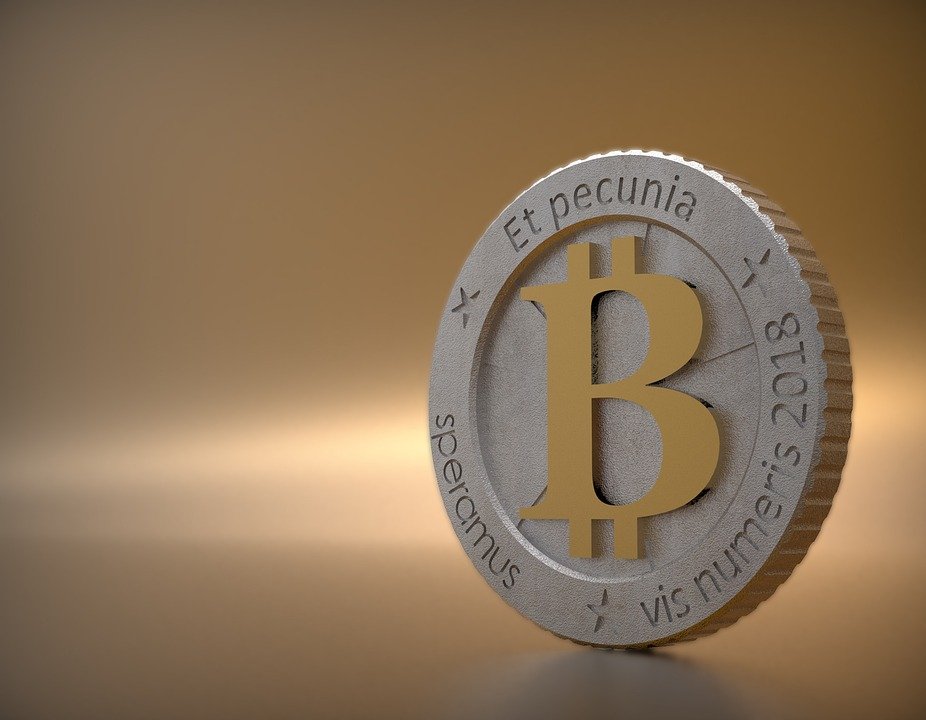Tokenization is a relatively new concept in the world of finance and technology, but it’s quickly gaining momentum as more businesses and consumers see its benefits. Essentially, tokenization is the process of converting sensitive data, such as credit card numbers or personal identification information, into a unique token that can be used for transactions without exposing the original data.
The rise of tokenization can be attributed to several factors, including the increasing need for secure and efficient payment methods, the growing popularity of blockchain technology, and the rise of e-commerce and online transactions. With data breaches becoming more common and cybercrime on the rise, businesses and consumers are looking for ways to protect their sensitive information.
One of the main advantages of tokenization is that it helps reduce the risk of data breaches and fraud. When sensitive data is tokenized, it cannot be easily intercepted or stolen by hackers, making transactions more secure. Additionally, because the token is unique to each transaction, even if it is intercepted, it cannot be reused for other transactions.
Another benefit of tokenization is its efficiency and convenience. By using tokens instead of sensitive data, transactions can be processed faster and more easily, reducing the risk of errors and delays. This is particularly important in the world of e-commerce, where speed and convenience are key factors in customer satisfaction.
In addition to its security and efficiency benefits, tokenization also offers cost savings for businesses. By reducing the risk of data breaches and fraud, businesses can save money on security measures and potential liabilities. Furthermore, the use of tokens can streamline payment processes, reducing transaction fees and increasing overall profitability.
As tokenization continues to gain traction, it is important for businesses and consumers to understand how it works and how it can benefit them. For businesses, implementing tokenization can help improve security, increase efficiency, and reduce costs. For consumers, using tokens for transactions can provide peace of mind knowing that their sensitive information is protected.
Overall, the rise of tokenization represents a significant shift in the way we think about payment security and data protection. By leveraging this technology, businesses and consumers can enjoy a more secure and seamless payment experience, ultimately leading to a more secure and efficient financial ecosystem.




